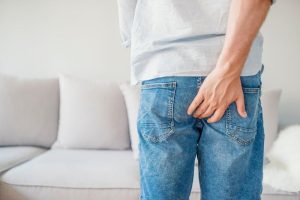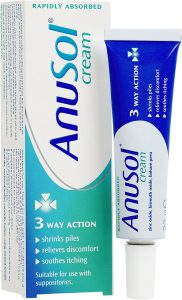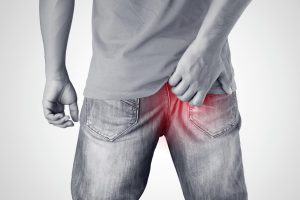
ANAL ITCHING
Anal itching. A skin disorder called pruritus ani, or anal itching, affects the perianal area and can get worse at night or after a bowel movement. Among the causes are allergies, specific foods and beverages, poor anal cleanliness, and other medical disorders. Home cures, medicines, ointments, and creams are all forms of treatment. Pruritus ani, another name for an itching bottom, can be brought on by a number of things, such as infections, skin illnesses, anal or rectal issues, or even specific food or personal hygiene practices.
ANAL ITCHING
contact dermatitis, psoriasis, hemorrhoids, anal fissures, and pinworm infections are a few frequent reasons. Consult your healthcare physician if self-care is ineffective in relieving the symptoms. Most folks experience total relief after treatment.
Here is a more thorough examination of possible reasons and your options:
Types

Idiopathic primary pruritis ani
There is no known cause for this kind of anal irritation. The most prevalent kind of pruritus is this one.
Secondary pruritis ani
There are numerous possible explanations for this kind of anal irritation. Infections, systemic illnesses, contact dermatitis, and other dermatological disorders are possible causes.
Signs
Itchiness is one of the symptoms of anal itching. Irritation. Burning. Soreness. Excoriations are scratches.
skin that is thick or leathery around or near your anus (perianal region).
Causes
Many things can cause anal itching.
Your perianal region’s skin is delicate. An allergic reaction may result from scented soaps, powders, lotions, creams, and ointments. Additionally, cleaning the area with hot water, a rough washcloth, or rough toilet paper can irritate your skin. After urinating, it’s crucial to wipe your anus thoroughly. When feces are left in the folds of your anus, your perianal area may itch. The type and frequency of your bowel movements may also contribute to anal irritation. If you have diarrhea or constipation, which occurs when you poop three or less times per week, you are more prone to experience anal irritation. Some foods and beverages, such as dairy products, might also aggravate anal irritation. fizzy beverages.
Treatment

The first step in treating an itchy anus is usually to practice proper anal hygiene. Following a bowel movement, thoroughly wipe your anus, pat dry, and then apply nonmedicated talcum powder.
Treatment for secondary pruritis ani is contingent upon the underlying etiology.
Among the possible therapies are:
Omelets and creams
The corticosteroid and anesthetic pain reliever known as over-the-counter (OTC) hydrocortisone is applied to the affected area two to three times a day when rubbing.
If you suffer persistent (long-lasting) anal itching, studies indicate that capsaicin topical cream is an effective substitute for corticosteroids.
Prevention

Fight the impulse to scratch. During the night, the itching could seem stronger, and you might unintentionally scratch the perianal area with your fingernails. Put on soft, clean cotton gloves before bed to avoid infection or irritation.
Make sure your perianal region is dry and clean. To clean your perianal area after urinating, use baby wipes, wet toilet paper, or clean water from a showerhead or bidet. Use toilet paper or a towel to gently wipe the region dry after urinating or taking a bath, or use a hair dryer set to low.
Put on moisture-absorbing items. Moisture can be absorbed using a piece of cotton, unmedicated talcum powder, or a tiny bit of cornstarch.
Summary
The condition of anal itching is unpleasant. It’s inconvenient and humiliating, and sometimes it’s so bad that you can’t think about anything else. But there is respite. Gentle care, medicine, and good cleanliness can all help ease an itchy anus. If, following therapy, your symptoms persist, get in touch with your doctor immediately.